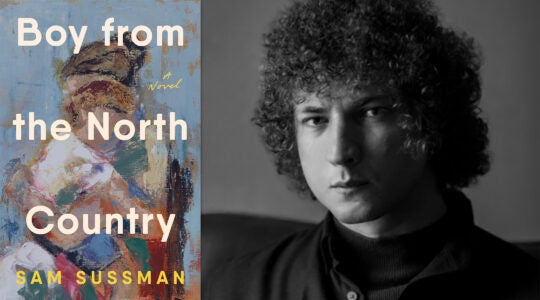Matthew Lopez found the inspiration for his award-winning play, The Whipping Man, in the footnote of a history book; apparently, Robert E. Lee surrendered at Appomattox Court House one day before the start of Passover.
“It gave me goosebumps,” Lopez recalled, “to realize that the ancient tradition of commemorating the Exodus from Egypt was occurring at the same time a new American exodus was happening.” That realization gave way to the 3-man play that is now being staged at more than a dozen theaters across the country.
Act One begins with a Southern Jewish slave-owner returning from a Civil War battlefield, badly injured, to find his Richmond plantation in ruins. Two newly freed slaves tend to their former master, who would have otherwise died of his injuries. The next night, the 3 men hold an improvised seder, with the former slaves joyously bellowing “Let My People Go!” Later, family secrets unravel.
Many Southern Jews did indeed own slaves, and thousands fought for the Confederacy. The Whipping Man explores this little-known fact and its implications. The result is unforgettable—and disturbing.
JTA has documented Jewish history in real-time for over a century. Keep our journalism strong by joining us in supporting independent, award-winning reporting.





